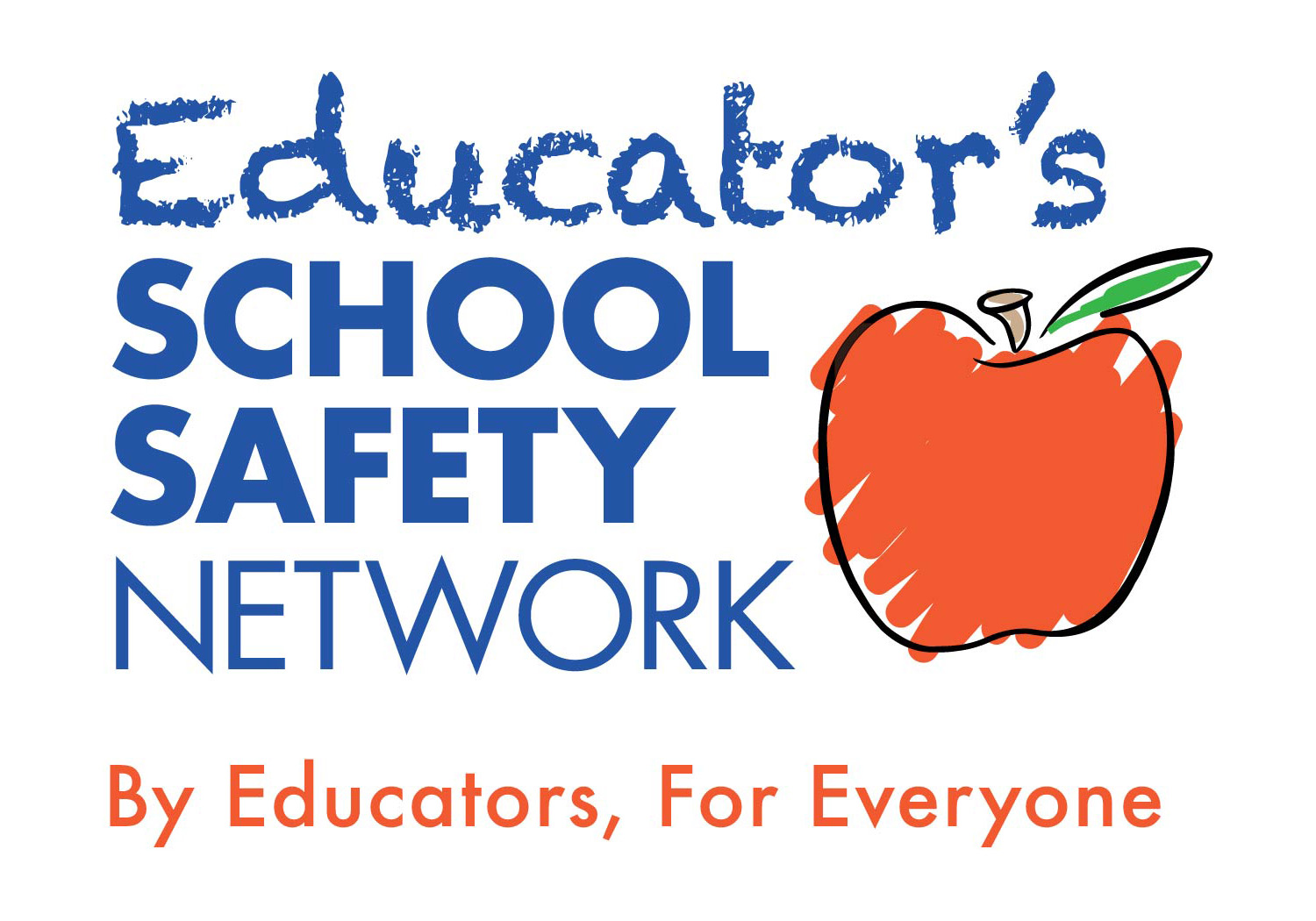In recent weeks we have seen a great deal of media attention and discussion about the now famous actions of Antionette Tuff of Atlanta and John Masterson of New Mexico in talking school shooters out of perpetuating further violence. Tragically we have also seen how this same approach does not always work in the case of Nevada teacher and former Marine Michael Landsberry, who was shot and killed while trying to convince an 85 pound middle school student to put down his weapon after shooting two classmates.
In recent years, there have been numerous incidents where teachers have demonstrated an equal amount of courage in acting to stop these attacks. Let’s take a look at what these individuals were able to do without any formal training, relying only on instinct:
- David Benke, a seventh-grade math teacher, tackled a gunman outside of Littleton, Colorado's Deer Creek Middle School. "He had a bolt-action rifle and I knew he couldn't get another round off when I got to him," Benke said.
- When two pipe bombs exploded at Hillsdale High School in California, English teacher Kennet Santana encountered a young man in a military-style tactical vest, armed with other bombs, a sword and a chainsaw. "He was trying to go towards the kids...I decided to close distance and bear hugged him and restrained his arms. We were face-to-face, chest-to-chest."
- Katie Fuchs, a social studies teacher, approached a student at Stemmers Run Middle School in Maryland who was ignoring his assignment and ended up with a .25 caliber semiautomatic pointed at her. When the student pointed the gun at his own head, Fuchs knocked the weapon out of his hand and to the floor, where the magazine fell into several pieces.
- Health teacher Derrick Schonauer had taught at Normal Community High School in Illinois for just 12 days when a 14-year-old student pulled a gun, firing two shots into the ceiling. Schonauer tackled the shooter, who allegedly was also armed with two more handguns, a hatchet, two knives, flammable liquid and matches.
The juxtaposition of these incidents should give educators pause – is a school shooting an educational event or a criminal event? The NYPD active shooter study tells us that 40% of school shootings end by applied force, and only 14% of these events end with the perpetrator surrendering. Is talking to the shooter (an educational response) really our best approach if it only works 14% of the time? While it is tempting to second guess these events after the fact, the truth remains that educators need more tools in the toolbox when confronted by a gunman.
Given the success of these confrontational approaches in preventing further violence, imagine the lives that could potentially be saved if educators were given adequate training in both de-escalation and use of force. The first and most important tool needed is not armed teachers, metal detectors, or school-based police, it is appropriate, consistent, on-going training in crisis response that is delivered from an educational perspective. How many more lives will be lost before we finally give teachers the tools they need to survive?
